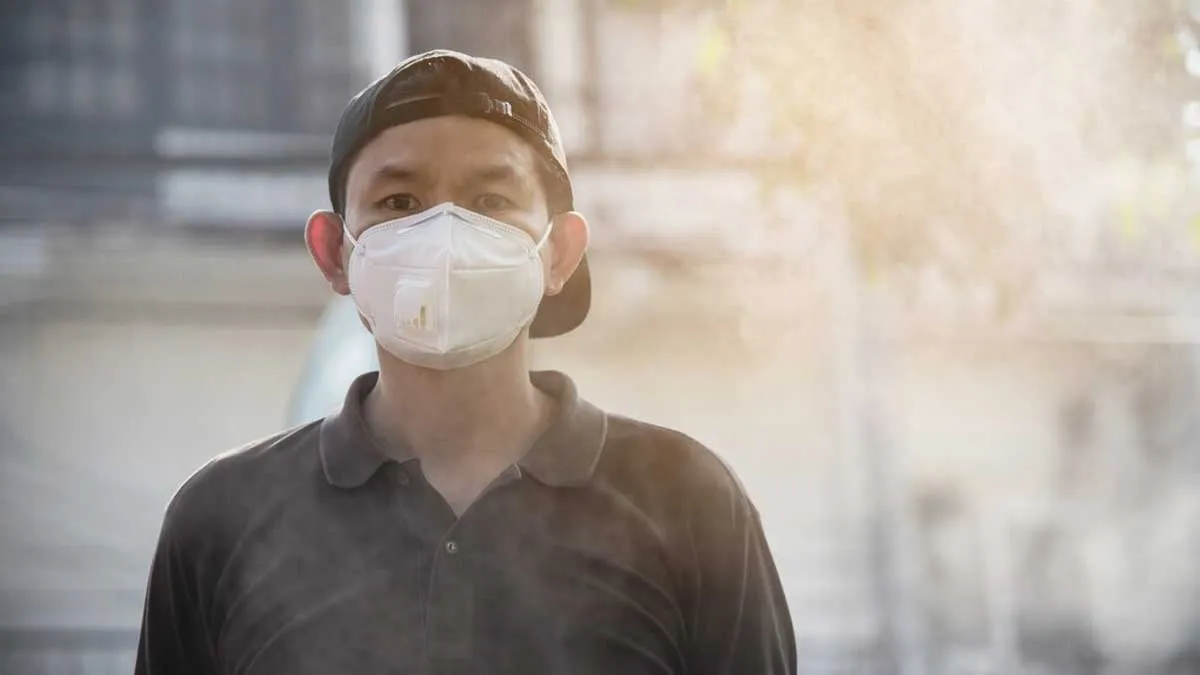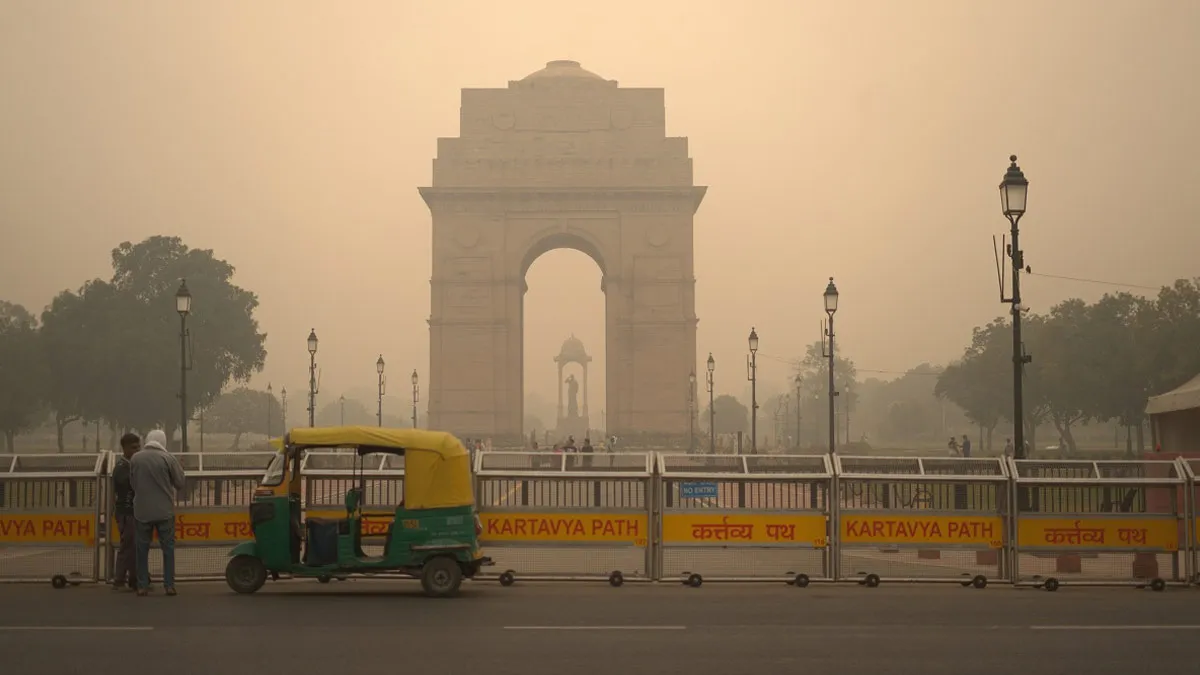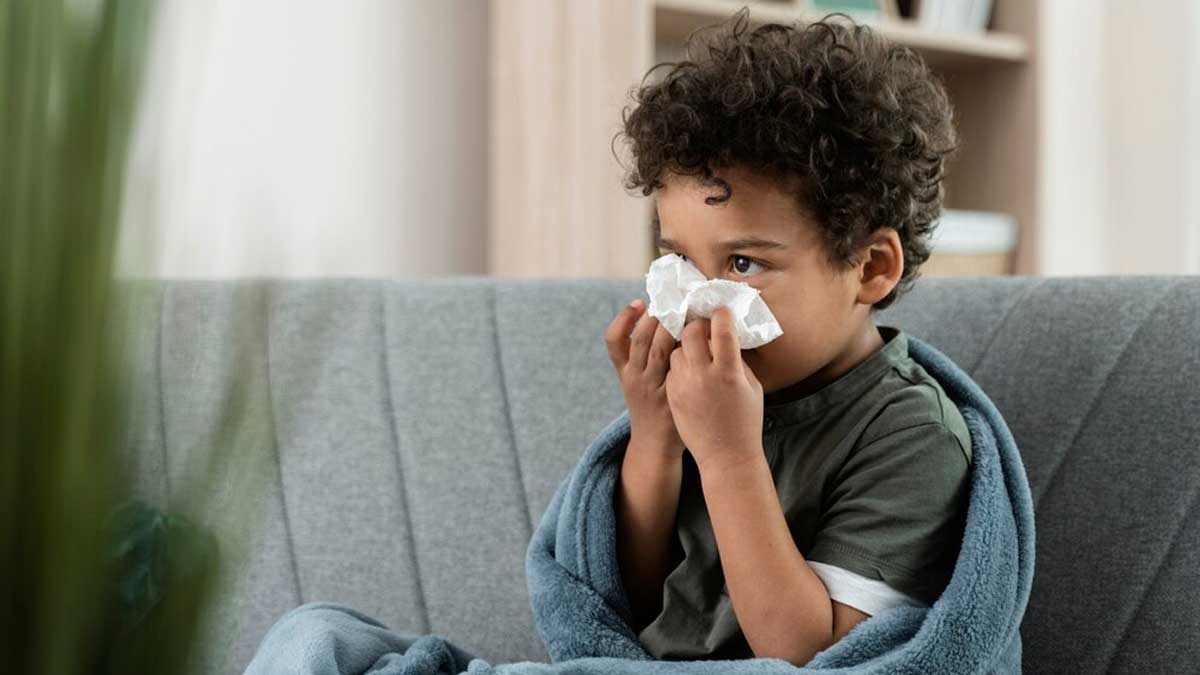
When we think of smoking, the image that comes to our mind is of a person holding a cigarette. But what if we told you children who have never touched a cigarette are inhaling the equivalent of up to 8 cigarettes a day, just by breathing Delhi’s air? Experts have been warning about as Delhi continues its battle with hazardous levels of pollution. On several days after Diwali and festival season, Delhi's AQI has crossed 600, falling in the Severe+ category.
Table of Content:-
Even yesterday the AQI touched 600, and currently the air is so toxic that even healthy adults struggle to breathe properly, and for children the damage is far worse.
How Bad Air Equates to Cigarette Smoking
The cigarette smoking comparison is derived from worldwide studies that convert the amount of particulate matter, especially PM2.5, an individual inhales into cigarette equivalents. These studies at the University of California Berkeley and other top epidemiological experts indicate that extended exposure to extremely high levels of PM2.5 can replicate the effects of actively smoking many cigarettes daily.
Also Read: In High AQI of Delhi, Can You Run When the Air Quality Is Poor? What Experts Say About Risks

In an exclsuive interaction with the editorial team of Onlymyhealth, Dr Sai Sravani Kesiraju, Consultant General Physician, Internal Medicine, Kinder Hospitals, Bangalore, warned that Delhi's toxic winter smog can contain:
- Fine particulate matter: PM2.5 and PM10
- Nitrogen dioxide
- Sulphur dioxide
- Carbon monoxide
- Ozone
“These particles are of a size that can enter the bloodstream through the lungs, leading to long-term damage to respiratory and cardiac functions,” she said.
Children’s Health and Delhi AQI
While adults are suffering too, research has shown that children bear the largest brunt of toxic air. Their lungs are still growing, they breathe faster, and they spend more time outdoors during school hours. Studies reveal that:
- Children who live in cities with polluted air have considerably stunted lung growth.
- Kids growing up in Delhi have 10 to 15% smaller lungs compared to children in cleaner environments.
- Exposure to pollution is associated with rising cases of asthma, chronic cough, bronchitis, and lowered immunity among children.
Additionally, a study by The Lancet has rated air pollution as the second biggest risk factor for premature death in India.
"We have found blackened lungs even in 14-year-olds who have never smoked in their life," Dr Kesiraju highlighted.

What Happens in a Child's Body When They Inhale Polluted Air?
According to Dr Kesiraju, here’s what happens to a child when they inhale polluted air:
- Inflammation in airways leading to frequent coughing and wheezing
- Reduced lung capacity wherein the lungs do not expand to their full capacity has implications on physical development.
- Lowered immunity, making them vulnerable to various infections more frequently
- Consequences for brain development: cognitive functions such as memory and learning may be impaired.
- Increased lifetime risk of heart and respiratory diseases
- No longer just an environmental issue, pollution is now a public health emergency.
Tips for Parents During Bad Delhi AQi
“You cannot control the air outside, but you can minimise indoor exposure and enhance the respiratory health of your child,” Dr Kesiraju pointed out. Here is what she suggested:
- Reduce exposure during peak hours: Avoid outdoor playtime or walks early morning and evening when pollution peaks.
- Using indoor air purifiers: Especially in bedrooms where children sleep for long hours.
- Encourage breathing exercises: Guided pranayama practices such as anulom-vilom improve lung capacity.
- Enhancing immunity with butrition: Add Vitamin C-rich fruits like kiwi, guava, and citrus fruits. Add other immunity boosters like haldi doodh, jaggery, and tulsi tea.
- Promote mask use: Wear N95/N99 masks when heading outdoors; cloth masks do not block PM2.5 particles.
Bottomline
Delhi's air has become so bad that just living and breathing there is like smoking, especially for children. This is more than a seasonal nuisance, and iIt is setting up young lungs for a lifetime of health problems. Experts suggest that your child’s health should be your top priority and reach out to a doctor if it gets difficullt.
FAQ
1. Why do children suffer more from air contamination compared to adults?
Children breathe faster, spend more time outdoors, and their lungs are still developing, making them more vulnerable to toxic particles.2. Do air purifiers help during severe AQI levels?
A HEPA air purifier cannot eliminate all the pollution, but can significantly reduce PM2.5 indoors to protect young lungs.3. Should children wear masks during poor AQI?
Yes, N95 masks, fitted correctly for children, can help filter out PM2.5 particles, while cloth masks cannot provide the appropriate protection.
How we keep this article up to date:
We work with experts and keep a close eye on the latest in health and wellness. Whenever there is a new research or helpful information, we update our articles with accurate and useful advice.
Current Version
Nov 07, 2025 19:00 IST
Published By : Tanya Srivastava